
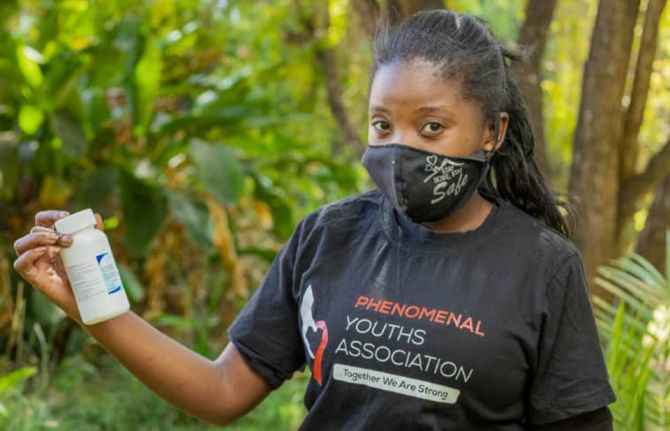
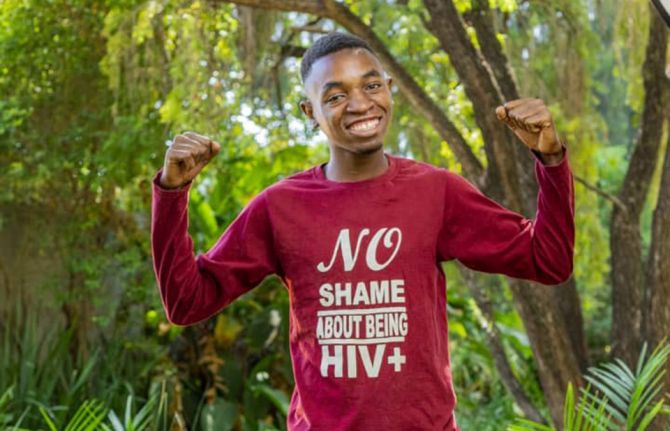
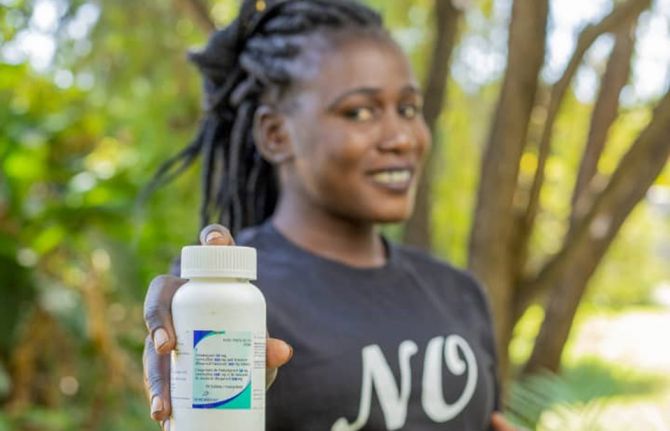
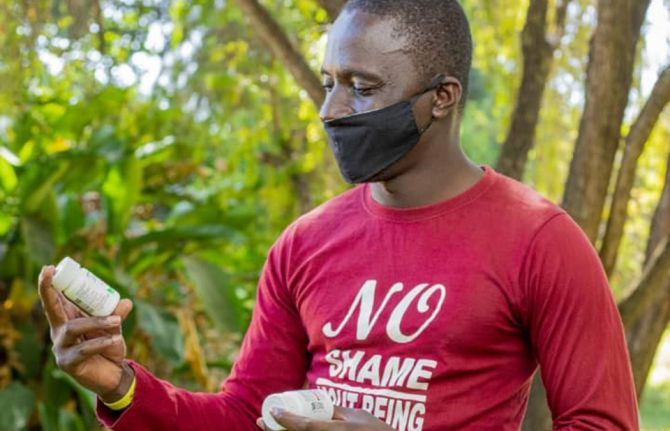
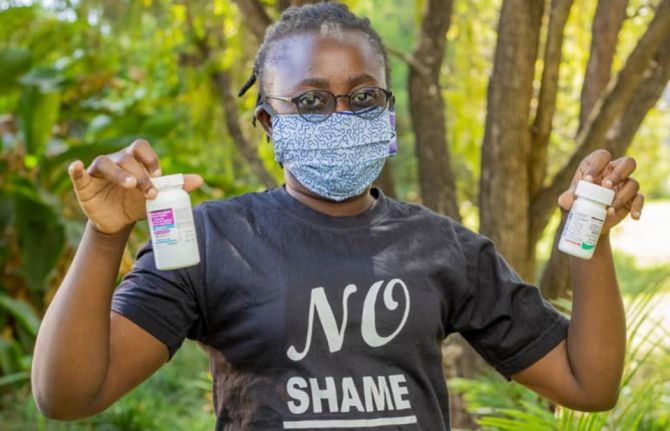
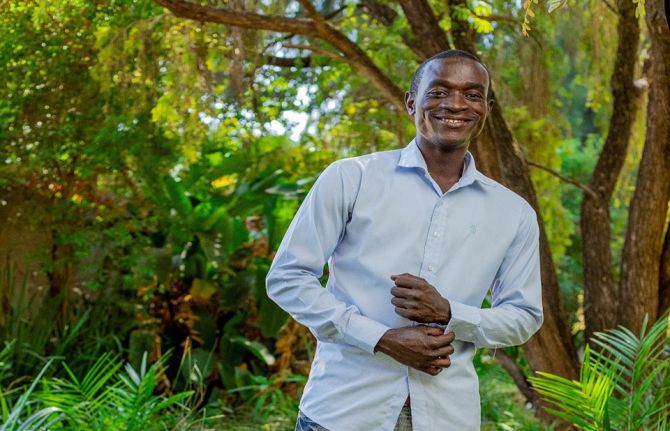
Feature Story
Phenomenal Positive Youths lead the way during COVID-19 pandemic in Zambia
23 July 2020
23 July 2020 23 July 2020Phenomenal Positive Youths are young people living positively with HIV, working towards the elimination of stigma and discrimination, adherence to HIV treatment, access to sexual and reproductive health and rights services and mental health support in Zambia.
UNAIDS has facilitated sexual and reproductive health and rights training for the Lusaka team of Phenomenal Positive Youths and plans to extend it to other districts in Zambia. The training will now include the impact of the COVID-19 outbreak on young people living with HIV, which is currently being evaluated through an impact assessment survey.
Currently, its members are part of the multisectoral risk communication community engagement pillar, as recommended by the World Health Organization’s COVID-19 Strategic Preparedness and Response Plan. Under this pillar, they are involved in creating and disseminating messages on COVID-19, busting myths, social listening and raising awareness, under the guidance of the Ministry of Health in Zambia.
UNAIDS has advocated for the implementation of multimonth dispensing of HIV treatment in Zambia. As a result, the Ministry of Health has issued a national circular to accelerate the implementation of the multimonth dispensing policy, instructing health facilities to provide three to six months of antiretroviral medicines to people living with HIV. Phenomenal Positive Youths is encouraging its members and health-care workers to follow the new guidelines.
While the policy is being implemented, Oswald Chisenga, the team leader of Phenomenal Positive Youths, said the organization has noticed that young people have experienced challenges in accessing their monthly supply of HIV treatment. “The limitation of travel during the COVID-19 outbreak, the fear of exposure to the coronavirus and the associated stigma is restricting people from visiting health-care facilities, even with the revised national guidelines,” he said. “Even messages on COVID-19 have been misinterpreted by people as meaning they should not go to a health facility, even when the need arises.”
Thus, the organization has developed an unconventional and innovative approach to ensure that its members have an ongoing supply of antiretroviral therapy, called chilimba (a commonly used local word meaning to loan or advance a colleague something). Members of the organization loan their antiretroviral medicines to one another until the person in need can obtain their supply, at which time the medication is returned.
“We help each other so that no one skips a day or does not have enough antiretroviral therapy due to different circumstances. It may be because of illness, or the person is very far from the health facility or they have no documentation to access the health facility,” said Mr Chisenga. “We communicate with one another using our social media groups. This helps us to maintain adherence, encourages openness and virtual interactions or physical ones while observing social distancing guidelines,” he added.
This is only one of the innovations that Phenomenal Positive Youth has brought into the youth-led movement in Zambia. The group was also among the first associations to speak openly about mental health among young people, especially among young key populations and young vulnerable people.


